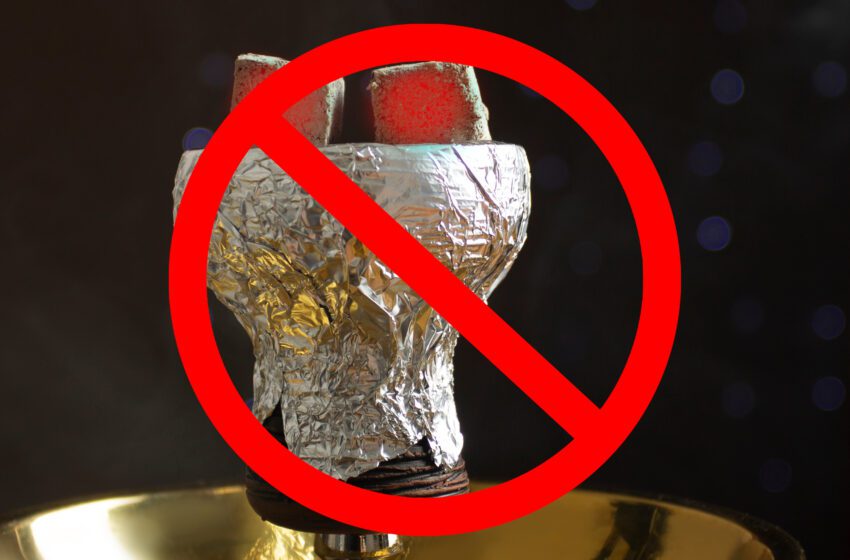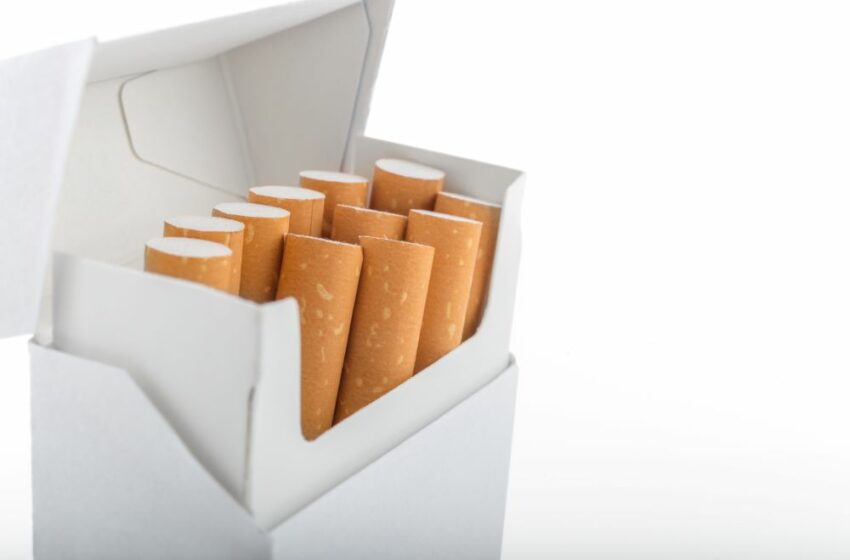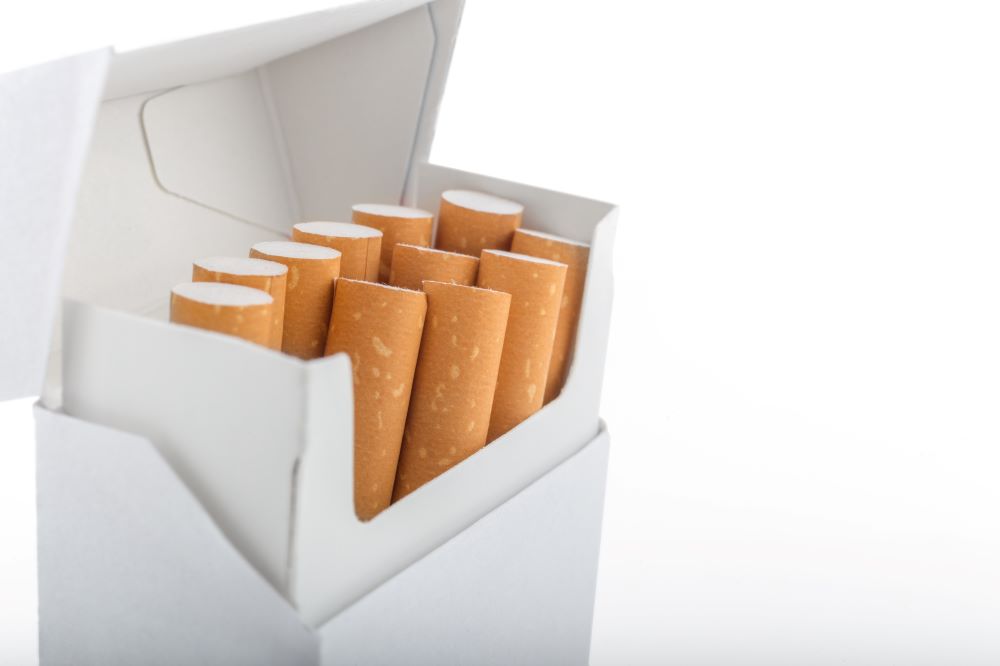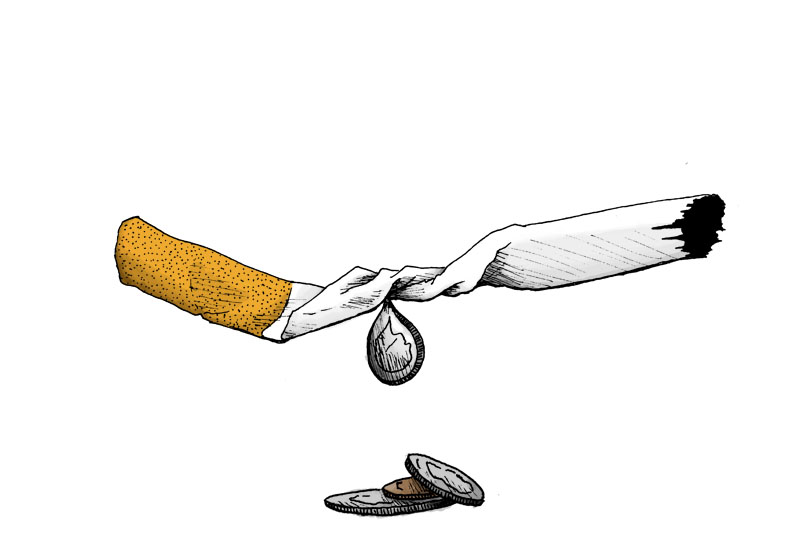
The chairman of the Consumer Protection Authority states that a fine of up to OMR2,000 ($5,196) for multiple violations will be imposed on anyone who trades in e-cigarettes, shisha, and their accessories in the Sultanate of Oman.
His Excellency Sulayem bin Ali Al-Hakmani issued Ministerial decision No. 756/2023 on Sunday, January 7, 2024, creating the ban, according to media reports.
Article One stipulates that the circulation of e-cigarettes, shisha, and their accessories is prohibited.
Article Two states that, “without prejudice to the penal penalties stipulated in the aforementioned Consumer Protection Law, an administrative fine not exceeding OMR1,000 shall be imposed on anyone who violates the provisions of this decision, and the fine shall be doubled in the event of a repeat violation.

“If this violation continues, an administrative fine of OMR 50 will be imposed for each day that the violation continues, provided that its total does not exceed OMR 2,000. The seized quantities of electronic cigarettes, shishas, and their accessories will be destroyed in accordance with the controls in force at the Consumer Protection Authority.”
The new bill also repealed an earlier Resolution (No. 698/2015), as well as any laws or rules that contravene the current resolution or conflict with its provisions.
It also stipulates that the decision “shall be published in the Official Gazette, and shall be effective from the day following the date of its publication.”








